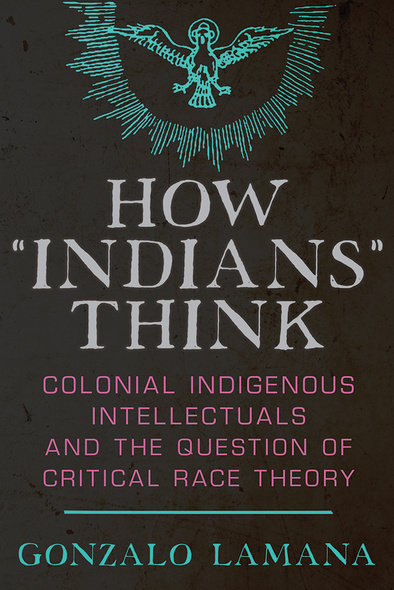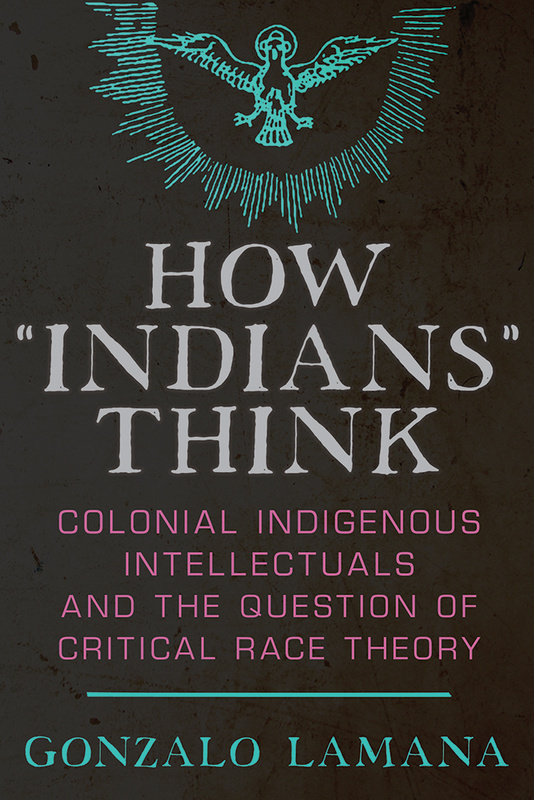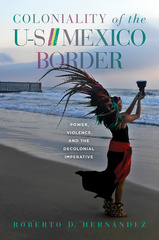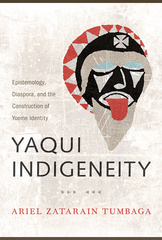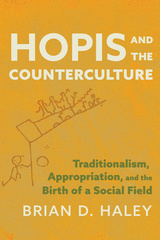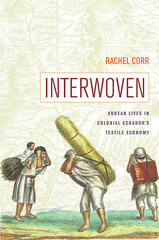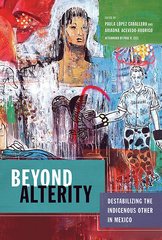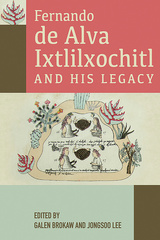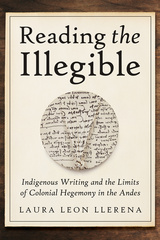How “Indians” Think
Colonial Indigenous Intellectuals and the Question of Critical Race Theory
The University of Arizona Press
The conquest and colonization of the Americas marked the beginning of a social, economic, and cultural change of global scale. Most of what we know about how colonial actors understood and theorized this complex historical transformation comes from Spanish sources. This makes the few texts penned by Indigenous intellectuals in colonial times so important: they allow us to see how some of those who inhabited the colonial world in a disadvantaged position thought and felt about it.
This book shines light on Indigenous perspectives through a novel interpretation of the works of the two most important Amerindian intellectuals in the Andes, Felipe Guaman Poma de Ayala and Garcilaso de la Vega, el Inca. Building on but also departing from the predominant scholarly position that views Indigenous-Spanish relations as the clash of two distinct cultures, Gonzalo Lamana argues that Guaman Poma and Garcilaso were the first Indigenous activist intellectuals and that they developed post-racial imaginaries four hundred years ago. Their texts not only highlighted Native peoples’ achievements, denounced injustice, and demanded colonial reform, but they also exposed the emerging Spanish thinking and feeling on race that was at the core of colonial forms of discrimination. These authors aimed to alter the way colonial actors saw each other and, as a result, to change the world in which they lived.
Lamana selects and analyzes a series of passages…at times with pointed irony, at times with cautious subtlety, and oftentimes with sophisticated humor.’—José Carlos de la Puente Luna, H-Net:Humanities Social Sciences Online (H-LatAm)
'Lamana’s How ‘Indians’ Think is a timely contribution to the studies of hemispheric Indigenous intellectual traditions after 1492.'—Kristian Emiliano Vasquez, American Indian Culture Journal
‘How ‘Indians’ Think takes up the task of locating, describing, and analyzing [Indigenous peoples’] intervention in European thinking with respect to the formation of a race theory spun out of the Spanish conquest of Amerindian civilizations.’—Sara Castro-Klarén, co-editor of Inca Garcilaso and Contemporary World-Making
‘Lamana's nuanced and original analysis is a compelling contribution to Andean literary criticism and intellectual history, making it essential reading for scholars and advanced students of the colonial Andes.’—E.E. O’Connor, Gale Literature Resource Center
Gonzalo Lamana is an associate professor in the Department of Hispanic Languages and Literatures at the University of Pittsburgh. His publications include Domination without Dominance: Inca-Spanish Encounters in Early Colonial Peru and Pensamiento colonial crítico.
Introduction
PART I. SPANISH IDEAS ABOUT INDIANS
1. A Material Intelligence
PART II. GUAMAN POMA DE AYALA’S NUEVA CORÓNICA Y BUEN GOBIERNO
2. History, Race, and Grace for People Who See the World Through Whiteness
3. The Colonial Present Explained to Blind Men Upside Down
PART III. GARCILASO DE LA VEGA’S COMENTARIOS REALES DE LOS INCAS
4. The Real Commentaries of the Incas; or What We Really Think about What You Think and What We Do with It
5. Underworld Stories and Unthinkable Indians
Conclusion: Fixed Stars, “Indians,” and Colonialism as Living a Lie
Glossary
Notes
References
Index

